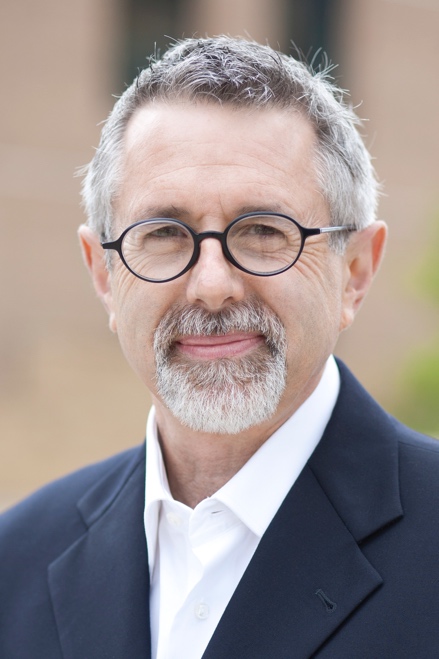
Senior Associate Editor
Lewis A. Friedland is Vilas Distinguished Achievement Professor in the School of Journalism and Mass Communication, affiliated with the Departments of Sociology and Educational Psychology. He directs the Center for Communication and Democracy and teaches and conducts research on theory of the public sphere and civil society, the impact of new communication technology on society and community, social networks, community structure, public television, and qualitative and social network research methods. Friedland received the Ph.D. in sociology from Brandeis University (1985) and his A.B. from Washington University in St. Louis (1974).
He is co-principal Investigator for the UW 2020 project, “Communication Ecologies, Political Contention, and the Crisis of Democracy,” which is a systematic investigation of political communication in the state of Wisconsin from 2010-2018, examining the rise of political contention across every available layer of communication, including newspapers, broadcast, talk radio, twitter, social media, as well as in-depth interviews with citizens and political leaders in communities across the state. This is the first systematic investigation of state-wide communication. He co-founded the Center for Communication and Civic Renewal with Michael Wagner and Dhavan Shah.
He is lead author of the forthcoming The Erosion of Civil Society in a Shifting Communication Ecology: Wisconsin and the Rise of U.S. Populism (Cambridge University Press), with Michael Wagner, Dhavan Shah, Katherine Cramer, and Chris Wells. Recent work includes The Communication Crisis in America (Palgrave 2016) co-edited with Mark Lloyd, based on a 2012 report for the FCC on America’s community information needs. Other recent work includes “Networks in Place” (American Behavioral Scientist, 2016) and “Habermas’s Account of Truth in Political Communication” with Tom Hove (in Truth in the Public Sphere, 2016) in addition to co-authored publications from the Wisconsin project.
Friedland is co-author with Carmen Sirianni of Civic Innovation in America (University of California Press, 2001) and The Civic Renewal Movement (Kettering Foundation Press, 2005) and was co-founder with Sirianni and Melissa Bass of the Civic Practices Network (www.cpn.org), the first major website on civic renewal, established in 1995.
Other work includes: Communication, Consumers, and Citizens (with D. Shah et al, Sage 2012), The Politics of Consumption/The Consumption of Politics (with D. Shah et al, Sage 2007), Public Journalism: Past and Future (Kettering Foundation Press, 2003) and Covering the World: International Television News Services (Twentieth Century Fund Press, 1992).
Friedland has authored more than 50 monographs, book chapters, and articles on community and civic life, public journalism, public television, new communications technologies and democracy, and international communication. Friedland has conducted research on civic journalism for the Pew Charitable Trusts, conducted case studies of public journalism for the Kettering Foundation, and consulted for the Ford Foundation on the development of new programs on communication and democracy. He has consulted with newspapers, public television stations, and the Corporation for Public Broadcasting’s National Center for Outreach.
Friedland created one of the first online newspapers, Online Wisconsin, in 1994 and the Madison Commons project, an early experiment in civic and hyperlocal journalism in 2006 which continues today as the longest continuously running university-community news operation. He was a commercial news producer in Salt Lake and news executive producer in Milwaukee (1985-1991) and executive and consulting producer for Wisconsin Public Television. As a documentary producer and executive producer he has won national awards, including the du Pont-Columbia Silver Baton, Corporation for Public Broadcasting Gold, Society of Professional Journalists National Award, Casey Medal for Meritorious Journalism, and others.
